Drug addiction isn’t a failure of willpower or a moral shortcoming; it’s a disease of the brain. This is an important reality to get out as we delve into the clinical diagnosis for addiction. Partly because for family, friends, and even enemies, misunderstanding this single reality has led to so much shame. The shame then converts into people not asking for help.
It’s the same as getting a medical diagnosis and not getting help from a doctor who can save their life. That said, understanding addiction as a clinical diagnosis changes the story from judgment to compassion.
This is when healing begins.
Clinical Diagnosis for Addiction is a Disease of the Brain
Your brain has an intricate and complex system that helps you stay alive. Things like eating, finding connections, or even having fun are essential for survival. So, your brain rewards you when you do them. The reward? Dopamine—the “feel good chemical.”
Dopamine is not the problem, of course. The problem is that when drugs enter the scene, dopamine floods in beyond any natural release. The brain then (a very powerful system) rewires and creates a very strong association with pleasure and the drug.
This brain rewiring makes attaining the drug the most important aspect of survival. The result? Impaired decision-making, increased cravings, and withdrawal symptoms make quitting feel impossible.
The brain chemistry has changed. And at this point, willpower is not the issue. It has become a chronic brain disease that requires intervention.
Helping People Understand Addiction as a Clinical Diagnosis
Why does this matter anyway? Mostly, it is the paradigm shift that helps individuals with a substance use disorder move past the shame and reach out for help. It is also a community issue, as when the loved ones (or anyone) move away from blame to one of understanding and compassion, they become a conduit of change.
When someone receives a formal diagnosis, they gain more than just a name for their struggle. They gain access to a pathway for healing. Substance Use Disorder is categorized as a medical condition, and that classification opens doors to evidence-based treatments such as therapy, medications, and holistic wellness programs.
Moving away from “Just quit.”
Instead of being told to “figure it out,” individuals receive structured care tailored to their specific needs, grounded in a scientific understanding of addiction.
Importantly, the diagnosis reframes addiction as a treatable condition. It allows individuals to see themselves not as “bad” or “weak” but as people facing a medical challenge that requires support and care. With this perspective, they can pursue recovery with a sense of hope and dignity.
So what can we do here?
- Educating Loved Ones: When families understand that addiction alters brain chemistry, they’re more likely to offer support rather than judgment.
- Community Awareness: Talking about addiction as a disease can break down barriers to treatment, fostering environments where people feel safe reaching out for help.
The clinical perspective isn’t about absolving responsibility; it’s about acknowledging the complexity of addiction and providing the tools for recovery.
Who Can Diagnose Addiction?
A diagnosis of drug addiction, formally known as Substance Use Disorder (SUD), is made by healthcare professionals. These include:
- Licensed medical doctors (MDs)
- Psychiatrists
- Clinical psychologists
- Licensed addiction counselors with the appropriate credentials
Each professional follows the same diagnostic framework, ensuring consistency and accuracy.
What Are the Requirements for This Diagnosis?
To diagnose Substance Use Disorder, clinicians use the criteria outlined in the Diagnostic and Statistical Manual of Mental Disorders, Fifth Edition (DSM-5). The DSM-5 lists 11 specific criteria that assess the severity of the addiction. These criteria include:
- Inability to control use despite wanting to quit
- Significant time spent obtaining, using, or recovering from the drug
- Continued use despite negative consequences
- Intense cravings
This structured approach ensures an unbiased evaluation, providing the foundation for a tailored treatment plan.
Recovery from the Clinical Diagnosis of Addiction
One of the most profound impacts of a clinical diagnosis for an individual who has a substance use disorder is the validation. Addiction is isolating. Often times, the person with an addiction is fully aware of the damage they are doing. They have become a slave, and they don’t want to ruin their life for this substance. But they are also ashamed. They don’t feel strong and can’t figure out why they keep returning to this destruction.
But when we acknowledge this condition as a serious medical issue, not a moral failure, a weight is lifted. And they become ready to listen and understand that there is a way forward.
If you or someone you love is struggling with a substance use disorder, know that help is available.
Addiction isn’t a moral failure. It is a diagnosable and treatable condition. Peninsula Health Center is an addiction treatment center in Palos Verdes that gets this. We are here to talk about a clinical diagnosis of addiction and create an evidence-based plan to help you find recovery.
Call us today: 866-934-8228.






